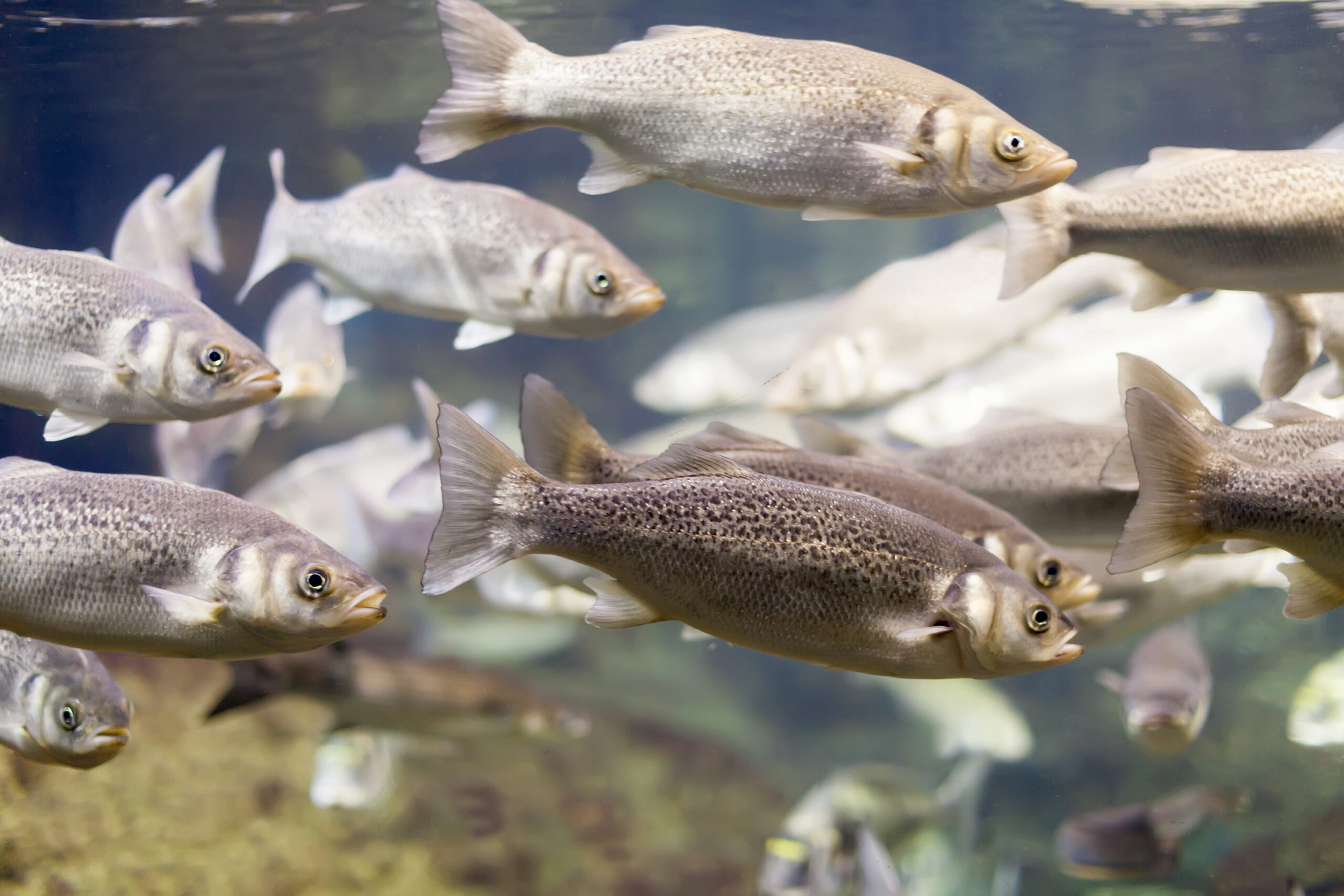Fish farming, also known as aquaculture, is an industry in South Africa that offers plenty of opportunity.
Fish farming is rapidly growing, and starting a fish farm can be a great move for sustainable food production and economic growth. As fish farming is still not as popular as other agricultural activities, competition is minimal. This means there’s still a lot of room available to develop a successful fish farm.
This guide explores what you need to know about starting and managing a fish farm in South Africa.
Choosing the Right Fish Species
The first essential step in fish farming is selecting what type of fish you’re going to farm. The fish species you choose dictates how the farm will be set up, how your aquaculture systems will work, and how your business will succeed in the market.
Consider factors like the local climate of your fish farm, water availability, market demand, and growth rates. Some of the most common fish species for aquaculture in South Africa include tilapia, catfish, trout, and carp.
Site Selection
Possibly the biggest step in setting up a fish farm is choosing the right site. Your fish farm’s location plays a major role in how successful the farm will be.
You’ll need to look for a site with a reliable water source, suitable water quality, and proper infrastructure for your pond or tank construction. Take the climate and temperature of the site into consideration. Your fish farm will also need to comply with local zoning and environmental regulations.
Business Planning
Beyond just managing the fish and aquaculture aspect, starting a fish farm also involves plenty of business insight and planning.
Create a comprehensive business plan that outlines your farm’s goals, projected expenses, revenue, and profitability. Consider costs related to infrastructure, equipment, feed, labour, and marketing.
Starting a fish farm is not cheap, so you’ll probably need to secure funding. Know what funding options you will pursue. This could include loans, grants, or specialist agricultural funding.
Regulations and Permits
Make sure you understand South Africa’s aquaculture regulations. Obtain the right permits and licenses before you start your fish farming operations.
You’ll also need to follow relevant environmental, health, and safety standards to ensure your fish farming business operates legally and responsibly.
Pond or Tank Farming
There are two main types of fish farming operations you can choose – pond or tank-based systems. The option you go with should depend on your fish species.
You’ll need to construct large enough ponds or tanks using the right materials. Make sure that they are designed for proper water circulation, aeration, and waste management. Of course, the ponds or tanks will need to be big enough and deep enough to match the size of your fish growth.
Some fish farms have tanks inside for greater control of the environment, while others use outdoor ponds and tanks. Establish which option is best for your site, species, and operational plan.
Water Management
A crucial part of running a fish farm is maintaining the right water quality for healthy fish growth. Successful fish farming largely comes down to good water management.
Regularly monitor the water quality, paying attention to factors like temperature, pH, dissolved oxygen, and ammonia levels. You’ll need to have a good filtration system set up to keep your fish happy.
Stocking, Feeding, and Harvesting
When your water is ready, you’ll need to fill up your ponds or tanks with fish. This involves buying fingerlings from reputable hatcheries. Be very careful to only purchase healthy and disease-free fish stock. Once your fish farm is operational, you could consider running your own hatchery on-site.
It’s important to have a clear feeding plan in place based on the nutritional requirements of your fish species. Proper feeding practices reduce waste and help your fish grow more efficiently. When the fish are ready for harvesting, implement efficient and humane harvesting methods to make sure your fish are harvested with minimal stress.
Marketing Your Fish Farming Business
When your fish is ready for market, you’ll need to make sure there’s enough demand for them. This is why you’ll need to have a strong marketing strategy in place.
Develop marketing strategies to promote your products and establish relationships with local markets, restaurants, and distributors. Understand what gap in the market your fish farm can fill, and focus on building a strong presence in this area.
Fish farming can be a highly rewarding venture when properly planned and managed. While it’s not easy to set up a fish farm, the right farm can result in a long and successful aquaculture journey.
SEE ALSO: AGRICULTURAL FUNDING IN SOUTH AFRICA.





















Discussion about this post